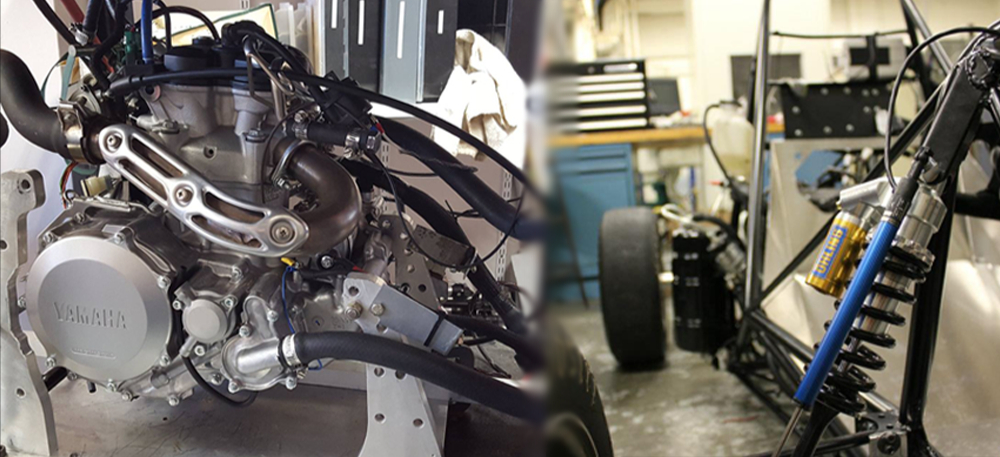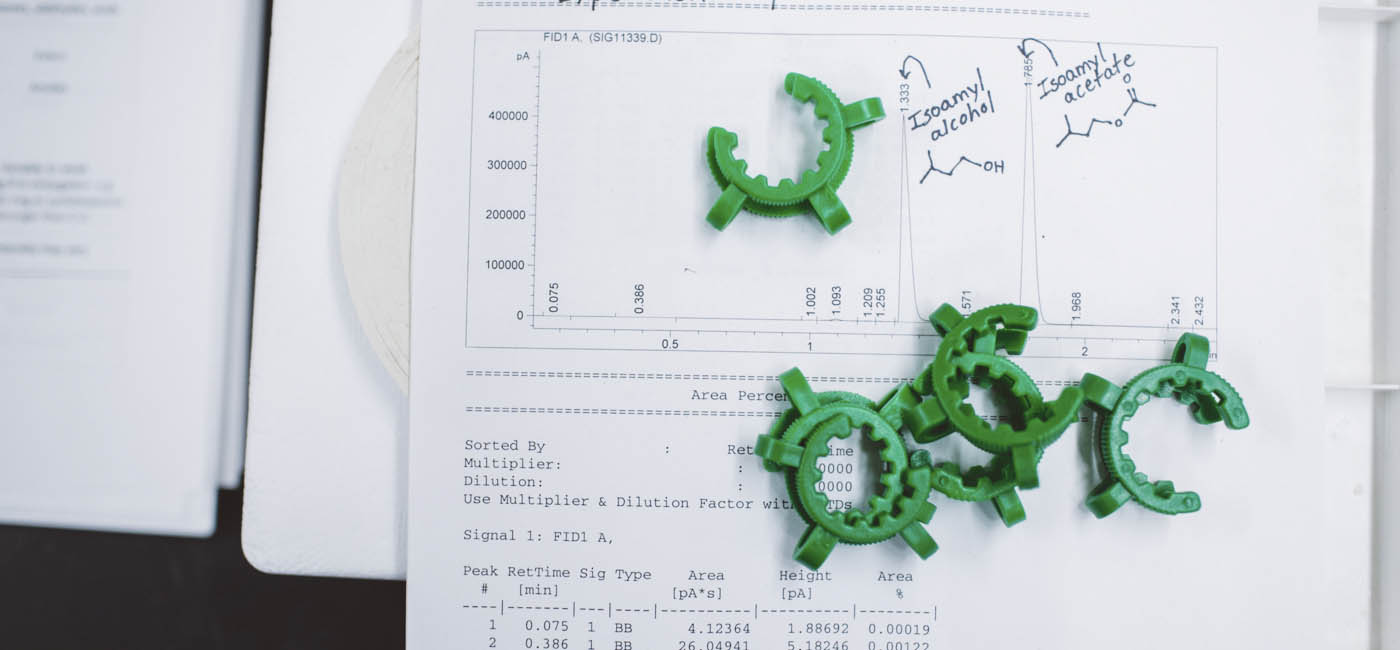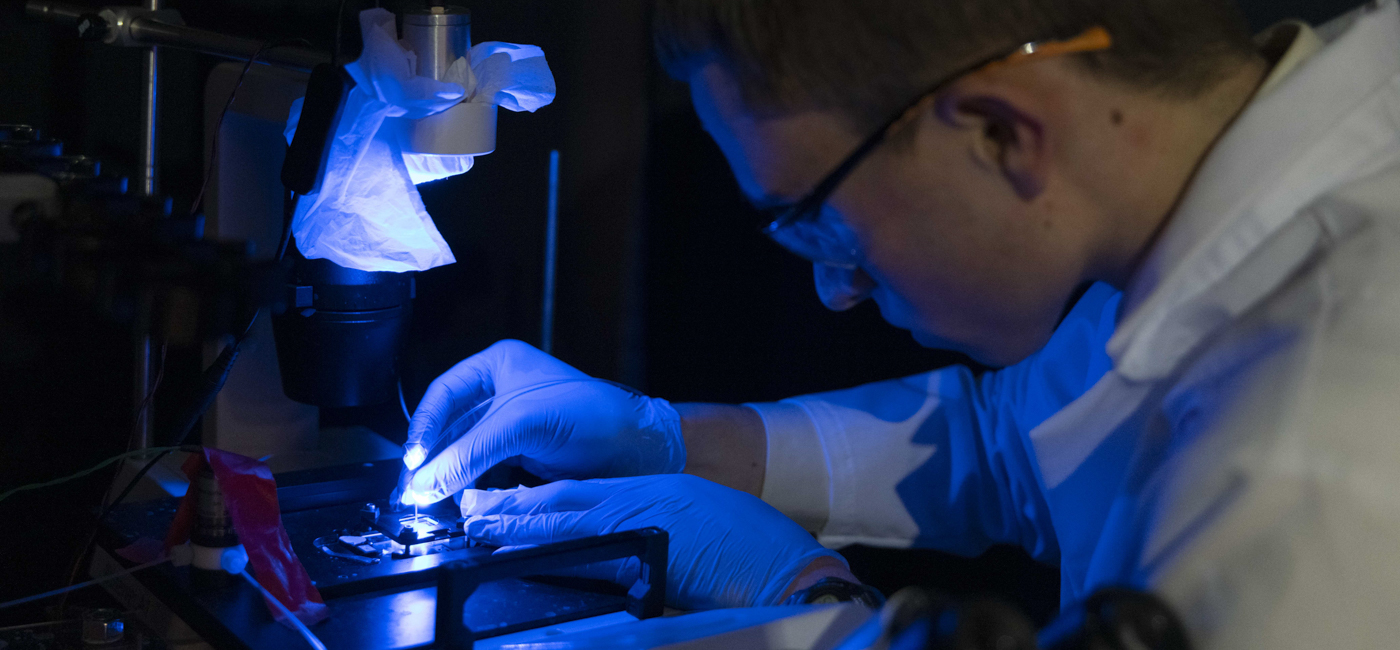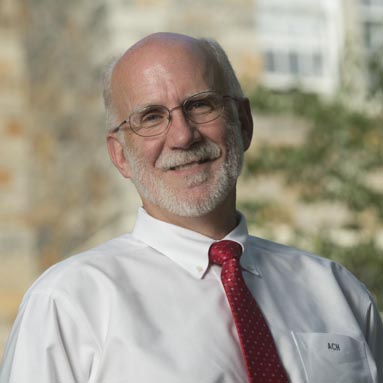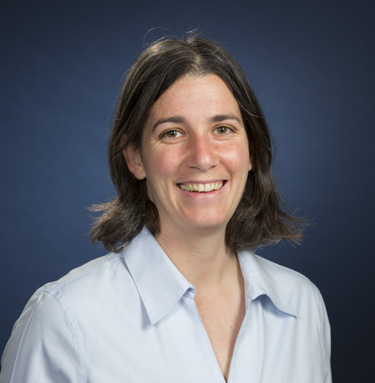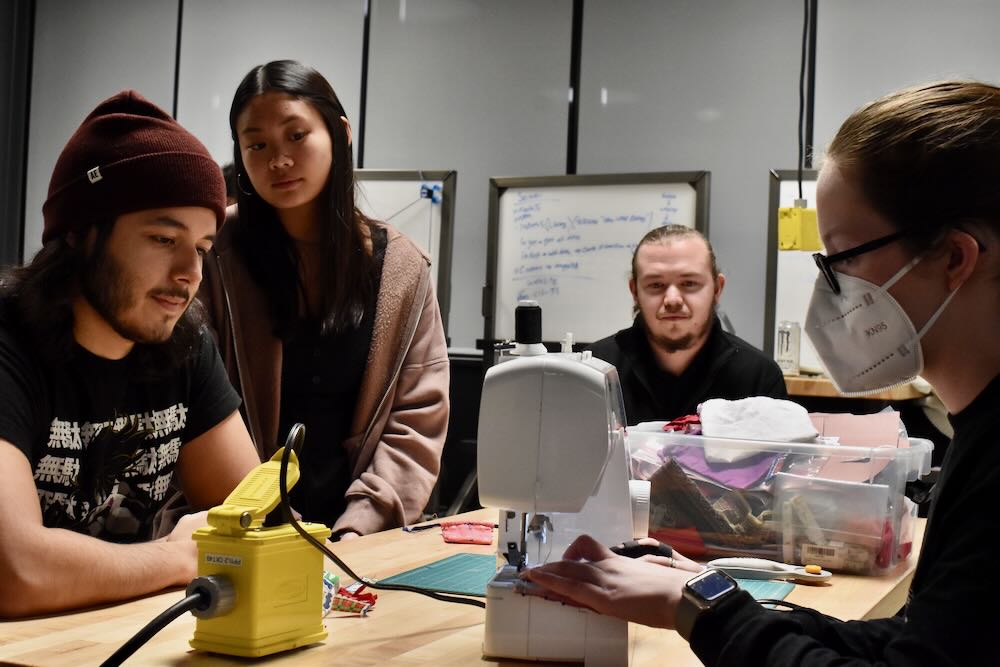Entrepreneurial Mindset
Building on years of partnership, WPI and KEEN reinforce each other’s goals. The two organizations aim to help students and faculty use entrepreneurial thinking to change their lives, work, and research. Entrepreneurial mindset isn’t just about raising capital or starting a company; it’s really all about solving problems that matter so the work you do is valuable to society.
“For students, it’s about an approach to thinking,” Abel says. “It’s about having curiosity and looking at a problem as an opportunity.”
John McNeill, Bernard M. Gordon Dean of Engineering of WPI's School of Engineering, says KEEN offers faculty members—and therefore students—a path to finding solutions that they may not have considered before. “The collaboration that comes from the KEEN network’s many schools gives WPI an opportunity to learn about new activities or teaching models that have a proven record of success,” he says. “Our faculty members, in turn, work with this thriving network to offer examples of how WPI so successfully builds projects that solve real-world problems into so much of our coursework. The end result is a powerful commitment to using our collective knowledge to make lasting, positive change in society.”
WPI is well-versed in sharing information,whether with the Morgan Teaching and Learning Center, which works with WPI faculty members, or with the Center for Project-Based Learning, where thousands have learned how to take WPI’s project-based strategies and incorporate them successfully into their own curriculum. With KEEN, WPI faculty share their successes with a national network, gain new techniques from others, and reignite their own passion for learning. As each member university does the same, the entire network becomes stronger and more effective.
KEEN Funding
Schools are eligible to receive KEEN funding for conducting projects, creating change on campus, or attending meetings and workshops, says Rob Dempski, professor in the Department of Chemistry and Biochemistry. Right now, Dempski, along with Abel and George Pins, professor of biomedical engineering, is leading a KEEN grant-funded pilot program aimed at helping first-year students adjust to life at college, build community and connections, and set a foundation for them to flourish at WPI. Working with Insight advisors and groups on campus, the project challenges students to find an unmet campus need and creatively problem solve a solution. Dempski says WPI plans to iterate on the pilot’s findings and present at next year’s KEEN conference.
As a university built on the foundation of theory and practice, WPI is distinctly positioned to weave entrepreneurial mindset thinking into its project-based learning approach. In fact, says Abel, WPI already promotes entrepreneurial mindset thinking in and out of the classroom such as that with WPI’s Value Creation Initiative (VCI). Curt Carlson, cofounder of VCI, believes WPI’s purposeful project-rich environment makes the ideas and processes of creating value with work more relevant to KEEN’s direction—and distinctive to WPI. “Only WPI has embraced that perspective,” Carlson says.
Abel agrees. “We were already doing a lot with project-based learning,” he says, “but working with KEEN elevates it to another level.” The long-standing relationship with KEEN has roots in WPI’s active problem-solving culture that weaves through everything students do in and out of the classroom.
"WPI is highly regarded in the KEEN network for its approach to project-based education," says Pins.
Putting Everything into Practice
Years ago, WPI first worked with KEEN to hold Integrating Curriculum with Entrepreneurial Mindset (ICE) workshops, says Janet Zafiris, I&E program and grant administrator. After participating in an ICE workshop in 2016, Sarah Wodin-Schwartz, Morgan - Worcester Distinguished Instructorship associate professor of teaching in mechanical and materials engineering, says she realized how active learning could make a profound difference in even the most unexpected courses.
“In the next term, I redid every [Intro to CAD] lecture to make it active learning instead of a lecture,” Wodin-Schwartz says, noting that the extensive time investment reaped huge benefits. Instead of giving what she calls a “super dry and boring” history lecture, students were asked to rank order an historical timeline, progressively combining their findings with other students. While it’s not always easy to loop in naturally reserved students, the result was impressive, she says. “There was definitely more engagement and excitement in the room.”
Wodin-Schwartz particularly values the benefits of brainstorming with peers in the KEEN network and hearing what works for others. She also gains confidence from seeing others try and succeed with her shared methods. Heinricher agrees that the common link with KEEN and WPI is continual improvement—even when that means taking on a new role or approach to learning.
“The heart of the WPI Plan is the belief that education, and STEM education in particular, must be guided by purpose and that purpose is human need,” says Heinricher. “I see this same philosophy at the heart of the entrepreneurial mindset promoted by KEEN. This version of engineering education forces students (and faculty) to put human need at the heart of the work. For both, there is the belief that STEM must be a power for good in the world.”

